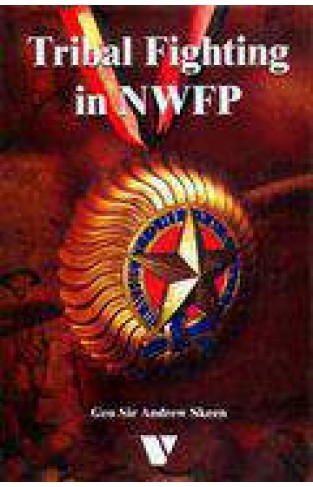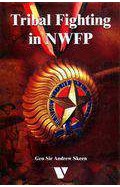TRIBAL FIGHTING IN NWFP
By: Gen Sir Andrew Skeen
-
Rs 505.75
- Rs 595.00
- 15%
You save Rs 89.25.
Due to constant currency fluctuation, prices are subject to change with or without notice.
| Book | |
| What's in the Box? | 1 x TRIBAL FIGHTING IN NWFP |
Zubin Mehta: A Musical Journey (An Authorized Biography)
By: VOID - Bakhtiar K. Dadabhoy
Rs 892.50 Rs 1,050.00 Ex Tax :Rs 892.50
No recently viewed books available at the moment.
Zubin Mehta: A Musical Journey (An Authorized Biography)
By: VOID - Bakhtiar K. Dadabhoy
Rs 892.50 Rs 1,050.00 Ex Tax :Rs 892.50














-120x187.jpg?q6)















